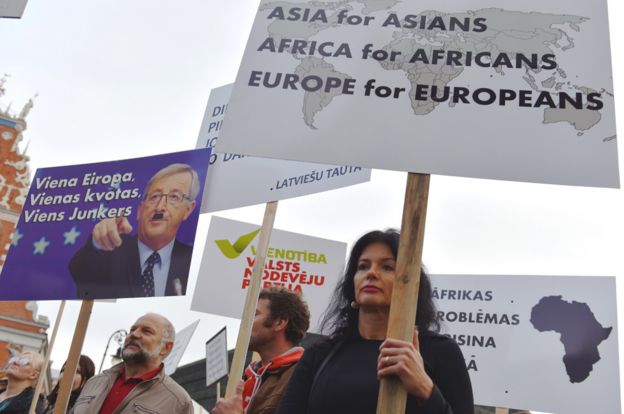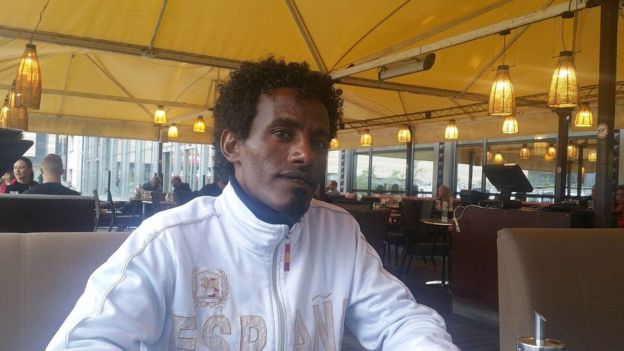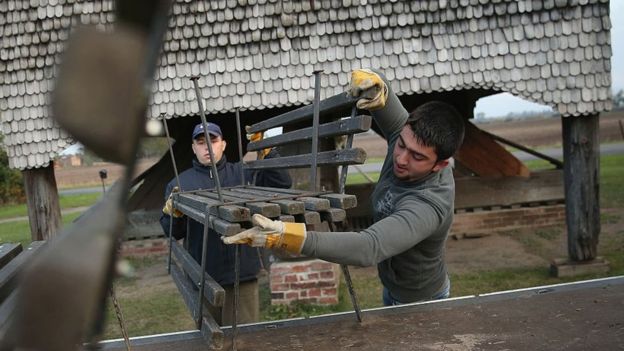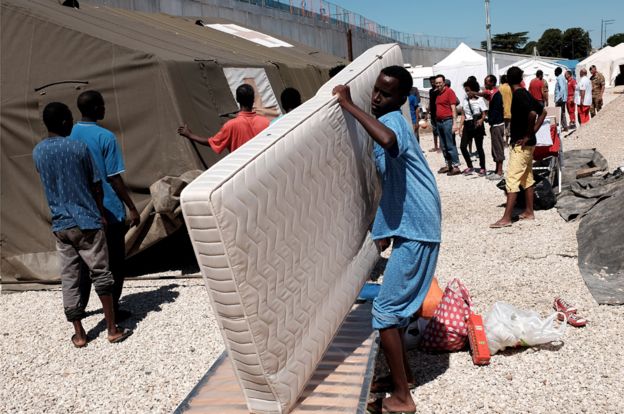- 11 Apr 2017 07:20
#14795931
And the Spectator chose to concentrate on the Soros/foreign influence part of the protests. It's a pretty common thing in journalism, especially in magazines. Again, this isn't a news article.
Rugoz wrote:
Because it's plain obvious for anyone with half a brain that these protests were about Albanian influence in F.Y.R. Macedonian politics. That's why they happened at that point of time in that place. The whole Soros thing was a side show at best and nobody would have turned up for that.
And the Spectator chose to concentrate on the Soros/foreign influence part of the protests. It's a pretty common thing in journalism, especially in magazines. Again, this isn't a news article.
"Science is the belief in the ignorance of experts"
Richard Feynman
Richard Feynman
















 - By Tainari88
- By Tainari88